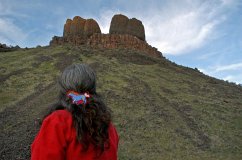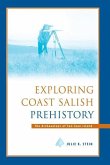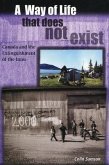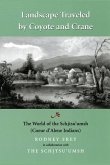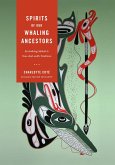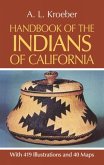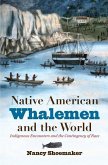This book represents a new vista, looking past the days when there were two distinct groups-those who were studied and those who studied them. This history of the Umatilla, Cayuse, and Walla Walla people had its beginnings in October 2000, when elders sat side by side with native students and native and non-native scholars to compare notes on tribal history and culture. Through this collaborative process, tribal members of the Confederated Tribes of the Umatilla Indian Reservation have taken on their own historical retellings, drawing on the scholarship of non-Indians as a useful tool and external resource. Primary to this history are native voices telling their own story. Beginning with ancient teachings and traditions, moving to the period of first contact with Euro-Americans, the Treaty council, war, and the reservation period, and then to today's modern tribal governance and the era of self-determination, the tribal perspective takes center stage. Throughout, readers will see continuity in the culture and in ways of life that have been present from the earliest times, all on the same landscape. Wiyaxayxt (Columbia River Sahaptin) and Wiyaakaa'awn (Nez Perce) can be interpreted to mean "as the days go by," "day by day," or "daily living." They represent the meaning of the English term "history" in two of the common languages still spoken on the Umatilla Indian Reservation.
Bitte wählen Sie Ihr Anliegen aus.
Rechnungen
Retourenschein anfordern
Bestellstatus
Storno

